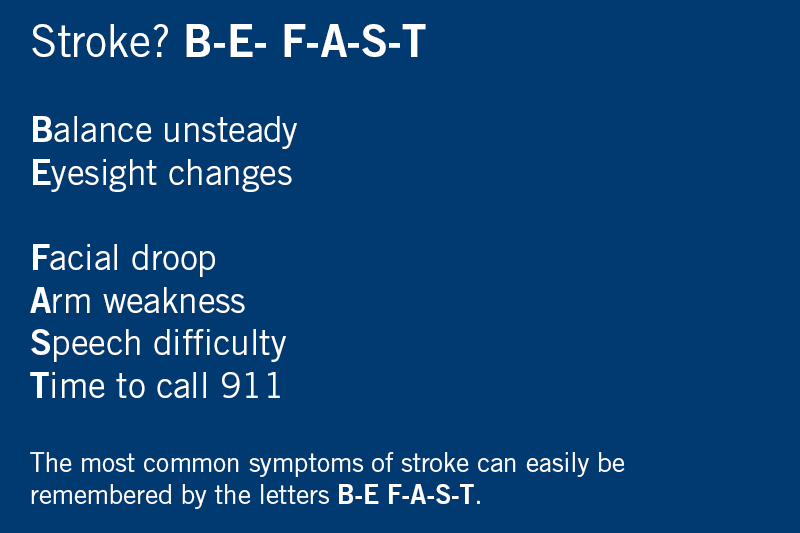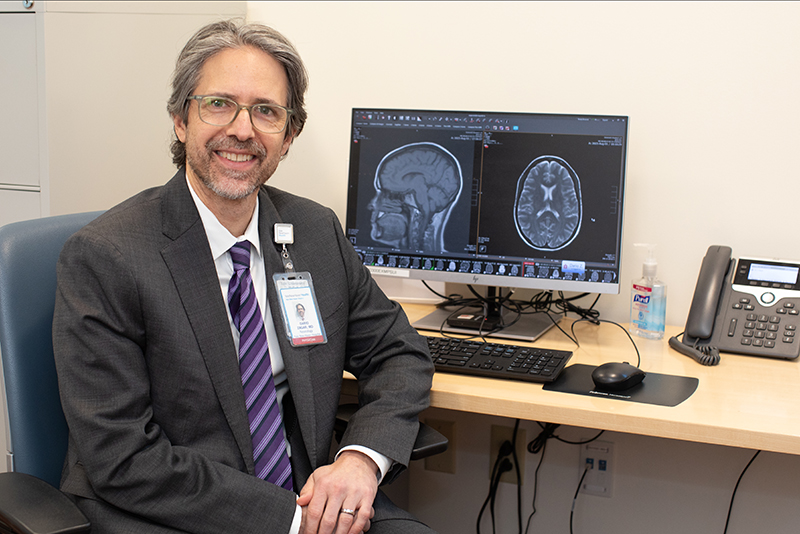Through video and image-sharing telecommunications, Yale New Haven Stroke Center provides remote neurologic expertise when patients present with acute stroke symptoms at numerous partner hospitals in Connecticut and Rhode Island.
By establishing a telemedicine link using videoconferencing and image sharing technology, stroke specialists can examine patients at remote hospitals miles away to help diagnose the patient's ailment and recommend a plan of care. One form of stroke treatment is to administer tPA, a clot busting drug that can greatly reduce the disability resulting from a stroke.
Unfortunately, some hospitals lack the resources to make this determination and cannot physically transfer the patient quickly enough to enable them to receive this therapy if warranted. TeleStroke can enable subscribing hospitals to provide expert acute stroke care for patients without physically transferring the patient for diagnosis and treatment.
Telestroke programs throughout the country have demonstrated that telemedicine conferencing between outlying emergency departments and trained stroke neurologists can enhance the use of tPA at hospitals that do not have on-site neurologists 24/7.
Learn more about Telehealth Services






